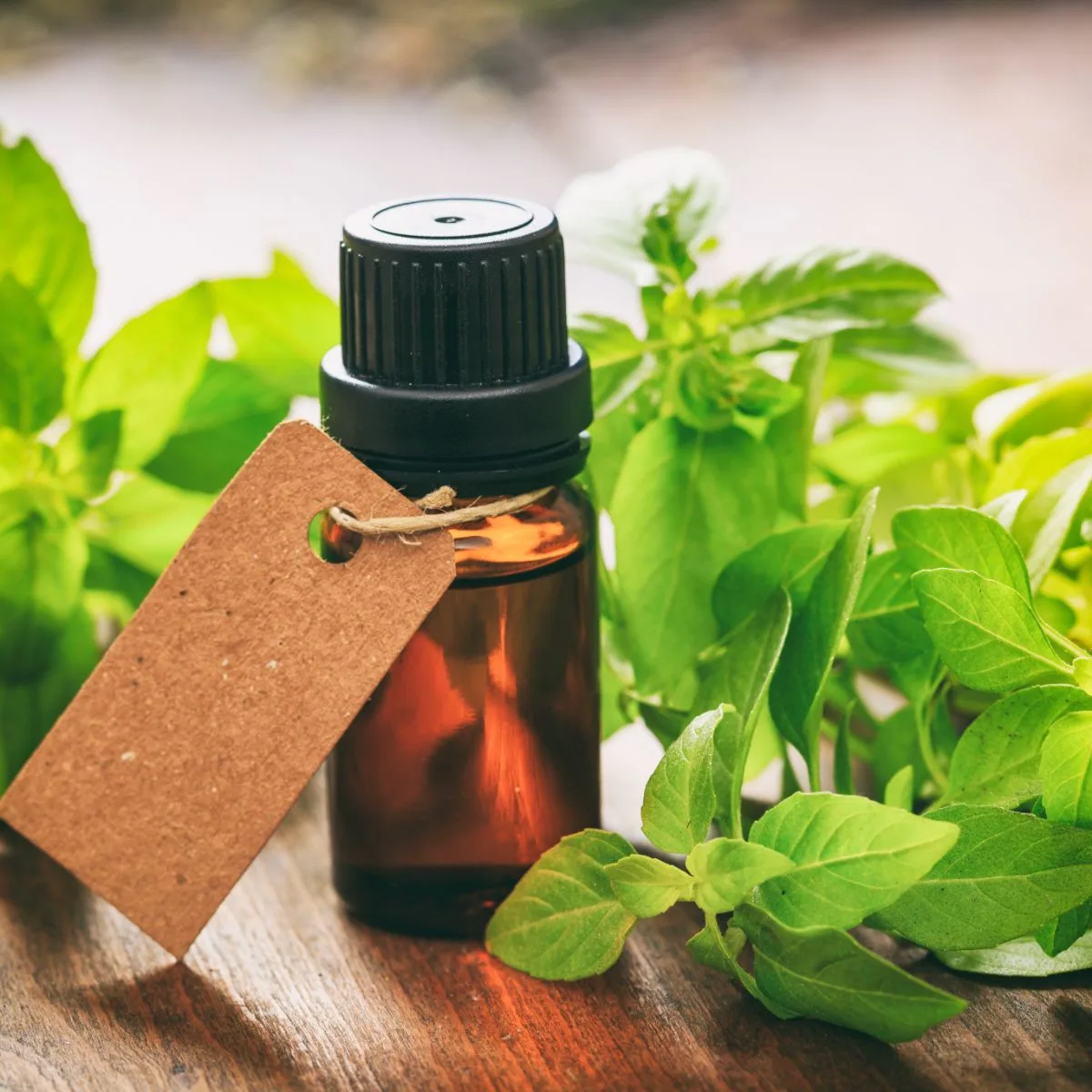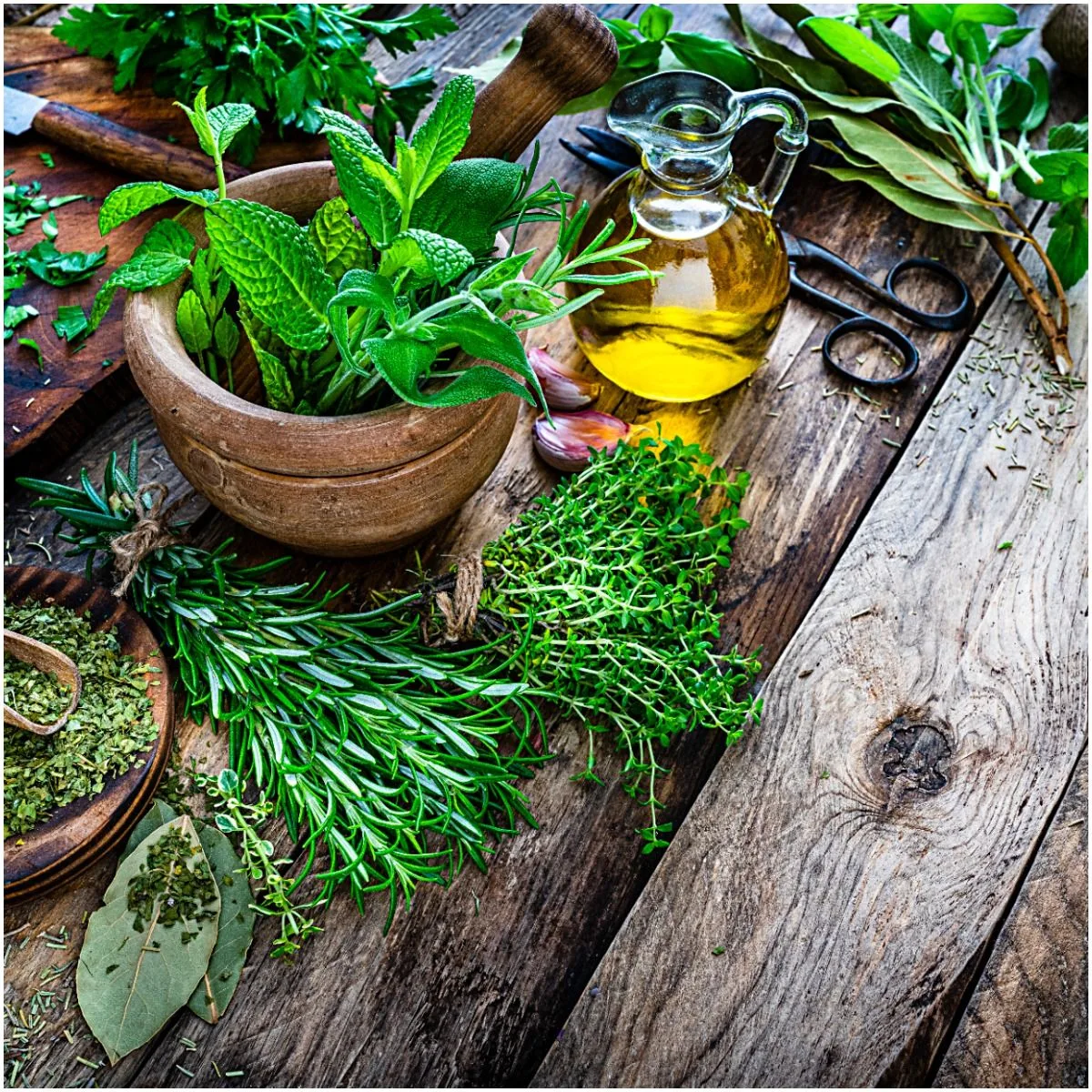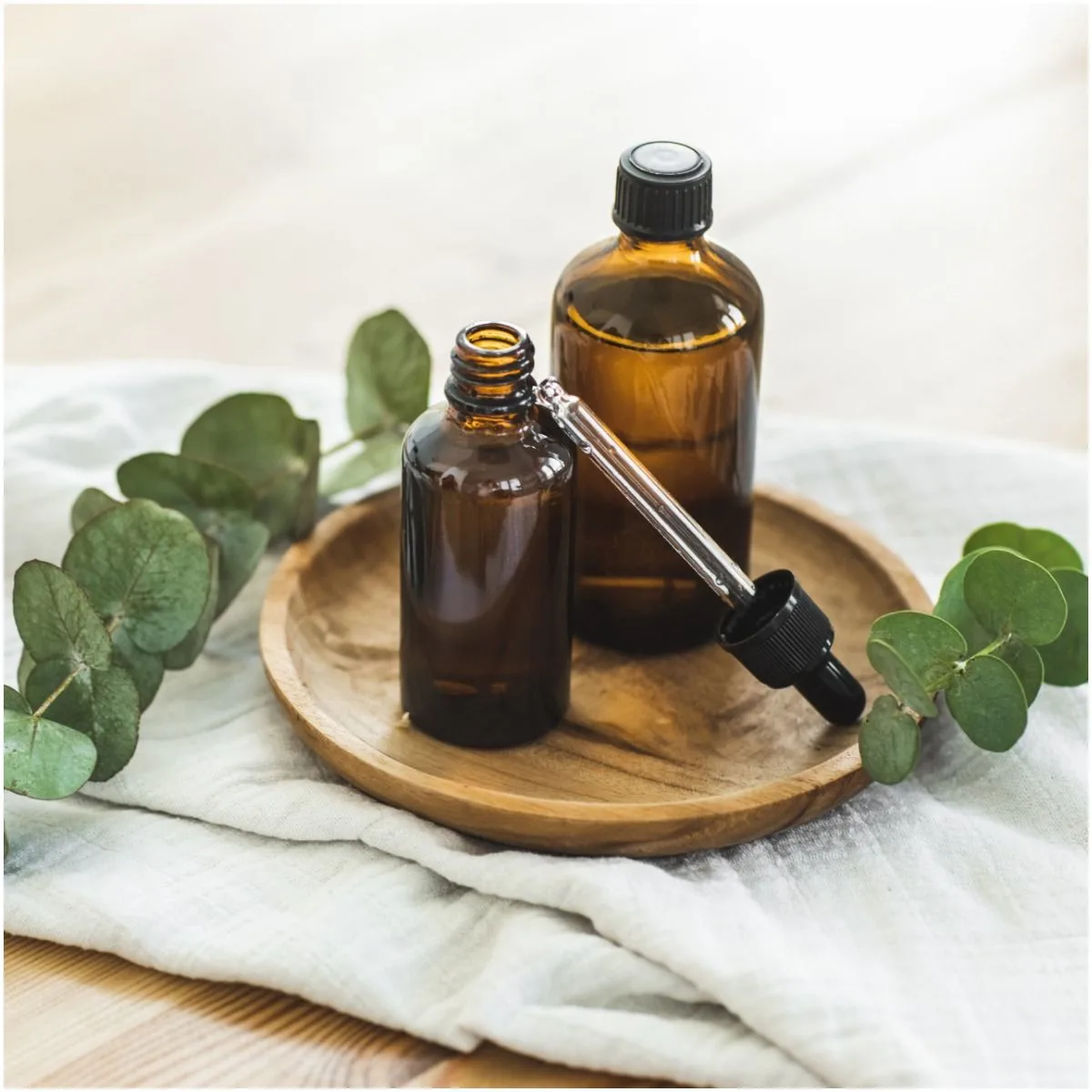Essential Oils For Bipolar Disorder:
Introduction
Bipolar disorder is a condition that features extreme shifts in mood and fluctuations in activity and energy levels.
An estimated 5 million people in the United States are living with some form of bipolar disorder.
Causes
Nobody knows exactly what causes the condition, but, there are many factors that are thought to cause it. They include:
- physical illnesses;
- environmental factors;
- genetics – according to the data, having one parent with bipolar disorder means that there is approximately 15% increased risk for his child to develop the condition;
- substances – specific substances can increase the risk of bipolar disorder, including – very large amounts of caffeine, medications for hormonal problems (such as prednisone), or illegal drugs (such as – ecstasy, cocaine, and amphetamines).
Symptoms
The disorder is characterized by extreme mood swings, which can range from extreme highs to extreme lows.
Mania symptoms may include:
- saying things that are out of character;
- making decisions that others see as being harmful or risky;
- doing things that commonly have disastrous consequences, like – spending large sums of money on expensive items;
- not eating;
- feeling elated, very happy, or overjoyed;
- not feeling like sleeping;
- talking very quickly;
- illogical thinking;
- feeling full of energy;
- having hallucinations;
- feeling self-important;
- being delusional;
- being easily agitated or irritated;
- being easily distracted;
- having important plans;
- feeling full of great new ideas.
Depression symptoms may include:
- suicidal thoughts;
- feeling hopeless, sad, or irritable most of the time;
- waking up early;
- lacking energy;
- difficulty sleeping;
- difficulty remembering things and concentrating;
- lack of appetite;
- illogical thinking;
- loss of interest in everyday activities;
- being delusional;
- feelings of worthlessness or emptiness;
- having hallucinations;
- self-doubt;
- feeling pessimistic about everything;
- feelings of despair and guilt.
Complications
Left untreated, it can result in serious problems which affect every area of your life, like:
- poor school performance;
- poor work;
- damaged relationships;
- financial or legal problems;
- suicide or suicide attempts;
- problems related to alcohol and drug use.
Treatment
Medications usually prescribed to treat bipolar disorder include:
- antidepressants;
- atypical antipsychotics;
- mood stabilizers.
List Of 11 Essential Oils For Bipolar Disorder (Manic-Depressive Illness):
1) Eucalyptus
It is obtained from fresh leaves of the tall, evergreen eucalyptus tree (scientific name -Eucalyptus globulus). It takes around 23 kg of eucalyptus leaves to produce 1 pound of essential oil.
The primary compound in this essential oil is eucalyptol or 1,8-cineole. It can make up anywhere from 30 to 90 percent of the oil.
Eucalyptus essential oil can be effective in treating mental disorders and stress as inhaling its vapor helps increase substantially blood circulation to the brain.
2) Frankincense
Frankincense is a common type of essential oil that is used in aromatherapy for its numerous health benefits, like:
- boosting immunity;
- reducing pain and inflammation;
- helping relieve chronic stress and anxiety.
In addition, it is very effective as a sedative as it induces a feeling of mental relaxation and peace as well as awakens insight, lowering anger.
3) Cinnamon
Cinnamon bark oil (scientific name – Cinnamomum verum) is derived from the plant of the species named Laurus Cinnamomum. The main chemical constituents of this essential oil include:
- eugenol acetate;
- eugenol;
- cinnamyl Acetate;
- cinnamaldehyde.
Therapeutic properties include:
- galactagogue – it enhances the production of breast milk in new mothers;
- antibacterial – it makes cinnamon essential oil an important ingredient in aromatherapy to get rid of airborne bacteria;
- antidepressant – it can remove negative thoughts, thereby killing depression;
- astringent – it helps in tightening the skin;
- antifungal – it is known to be a powerful anti-fungal agent;
- analgesic – it helps in relieving pain;
- antiseptic – not only does it cure wounds, but it also prevents fatal septics;
- carminative- it eases bloating by helping the passage of intestinal gas;
- detoxifying agent – it is full of volatile compounds that help in detoxifying the body;
- immunostimulant – it enhances the immune system.
Some of the most researched health benefits of cinnamon essential oil include:
- fights parasites;
- stimulates libido;
- decreases inflammation;
- stimulates the immune system;
- reduces blood sugar;
- high antioxidant content;
- fights infections;
- decreases bad cholesterol.
4) Rose
Distilled from Rosa damascene petals, this essential oil has numerous chemical compounds that bring wellness and healing to the mind and body.
Its health benefits include:
- helps maintain uterine health;
- helps with depression;
- helps regulate menstrual periods;
- supports a healthy digestive system;
- improves liver health;
- improves blood-related processes;
- helps enhance and strengthen skin tissues;
- fights viruses and bacteria;
- helps ease spasms;
- has antiseptic properties.
5) Basil
It is derived from the Ocimum basilicum plant that belongs to the Lamiaceae family. In the past, it was used to treat chest infections and migraines due to its antiviral, antibiotic, anti-inflammatory, and diuretic properties.
Inhaling basil essential oil can also help fight fatigue and restore mental alertness, as it is a potent stimulant that works on the adrenal cortex and nervous system.
6) Melissa
It is made by steam distillation of fresh buds, leaves, and twigs of Melissa officinalis.
Melissa essential oil is used in traditional medicine to treat a variety of health concerns, such as – anxiety, migraines, insomnia, diabetes, hypertension, dementia, and herpes.
7) Sandalwood
Sandalwood essential oil is known for its sweet smell and is used as a base for products like perfumes, cosmetics, incense, and aftershave.
This essential oil induces relaxation, concentration, inner vision, calmness, and positive thoughts. Also, it sedates anxiety, fear, inflammation, restlessness, and stress.
ALSO READ: Famous People With Tourette’s Syndrome
8) Peppermint
The ancient Egyptians reportedly used peppermint for its anti-bacterial and pain-relieving properties.
This oil contains a high concentration of menthol that can be used to target respiratory issues like coughs and congestion. Moreover, peppermint oil can reduce anxiety levels and prevent depression.
Additionally, it can even be used topically for hair and skin care, pain relief, and toothpaste.
9) Lavender
Lavender (scientific name – Lavandula angustifolia) is easily one of the most popular plants and essential oils in use in the present day.
Supplementing with 80-milligram capsules of lavender oil can reduce anxiety and depression, according to a 2013 study that was issued in the International Journal of Psychiatry.
Lavender essential oil is also effective in treating headaches, migraines, and emotional stress.
Note – if you are pregnant or nursing, consult a doctor prior to use.
ALSO READ: Gastritis vs Gastroenteritis
10) Thyme
It has many benefits, and many people use it to improve their blood circulation and skin health and boost the immune system.
In addition, thyme essential oil relaxes the mind as well as the body (allowing your veins and lungs to function correctly).
11) Rosemary
It is produced from Rosmarinus officinalis, which is widely known for its herbal and culinary benefits. This oil contains caffeic acid, rosmarinic acid, betulinic acid, carnosic acid, carnosol, ursolic acid, and camphor.
Rosemary can affect salivary cortisol levels (hence reducing stress levels) and reduce depression symptoms, according to a study that was done at Meikai University, Japan.
Image source – Shutterstock
ALSO READ: Vestibular Papillomatosis vs HPV
References https://bmjopen.bmj.com/content/7/6/e015462 https://academic.oup.com/ije/article/47/1/28/4683653

